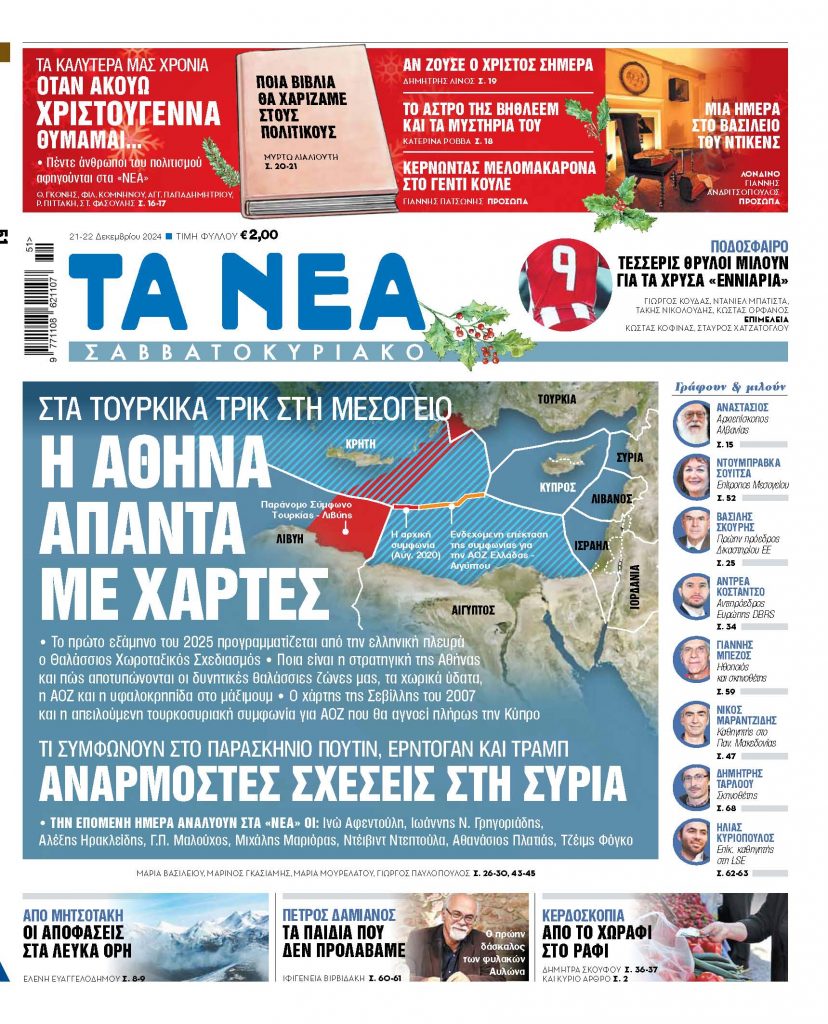Ankara’s allegations about Greek fighter jets harassing Turkish war planes over the Aegean and Greece using its S-300 missile system simply confirm Ankara’s obsession with maintaining tensions in the Aegean.
With unfounded leaks, Turkey is trying to create its own false narrative, that Greece is a country that engages in violations and obstructs progress in Greek-Turkish relations.
Ankara’s objective is obvious. It is trying to convince the international community that provocations are reciprocal, and so the responsibilities are mutual.
In this manner, it is attempting to justify its behaviour in the Aegean.
It is claiming that Turkey is the party that is pursuing a dialogue and that it is simply responding to attacks, even as it is actively implementing in air and at sea its expansionist, maritime “Blue Motherland” doctrine, with violations and territorial overflights in the Aegean.
The argument is ungrounded and Greece’s allies are well aware of that.
That was demonstrated by the amendment passed in July by the US House of Representatives, imposing restrictions on the sale of F-16s to Turkey, and by the 29 June White House readout on the meeting between President Joe Biden and Turkish President Recep Tayyip Erdogan, which referred to “the importance of maintaining stability in the Aegean”.
Following the Russian invasion of Ukraine, NATO does not easily allow fissures to develop between member-states, so the Turkish side is seeking pretexts to legitimise and justify its actions.
Meanwhile, no one knows exactly what Erdogan and Russian President Vladimir Putin agreed upon at their recent meeting in Sochi.








